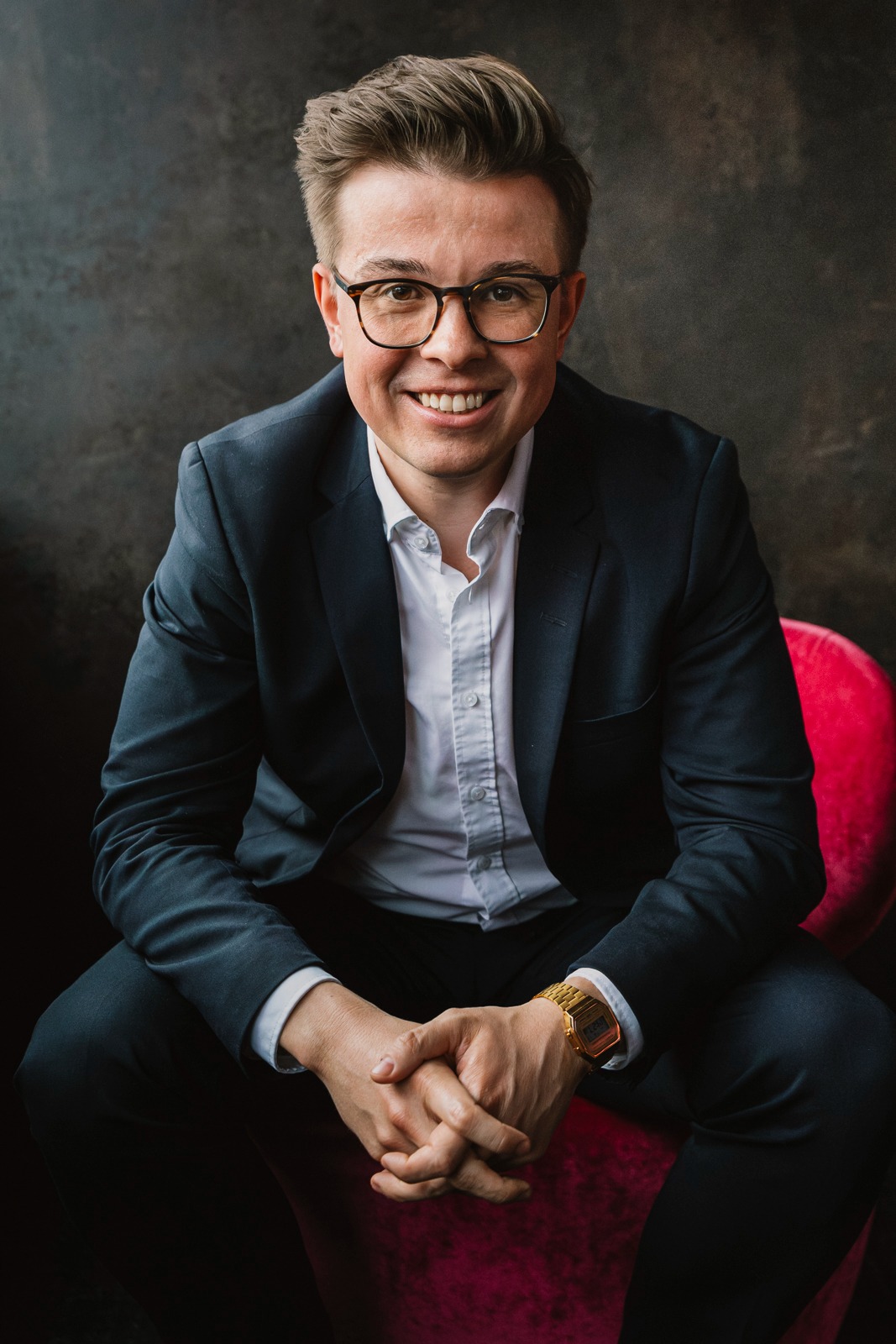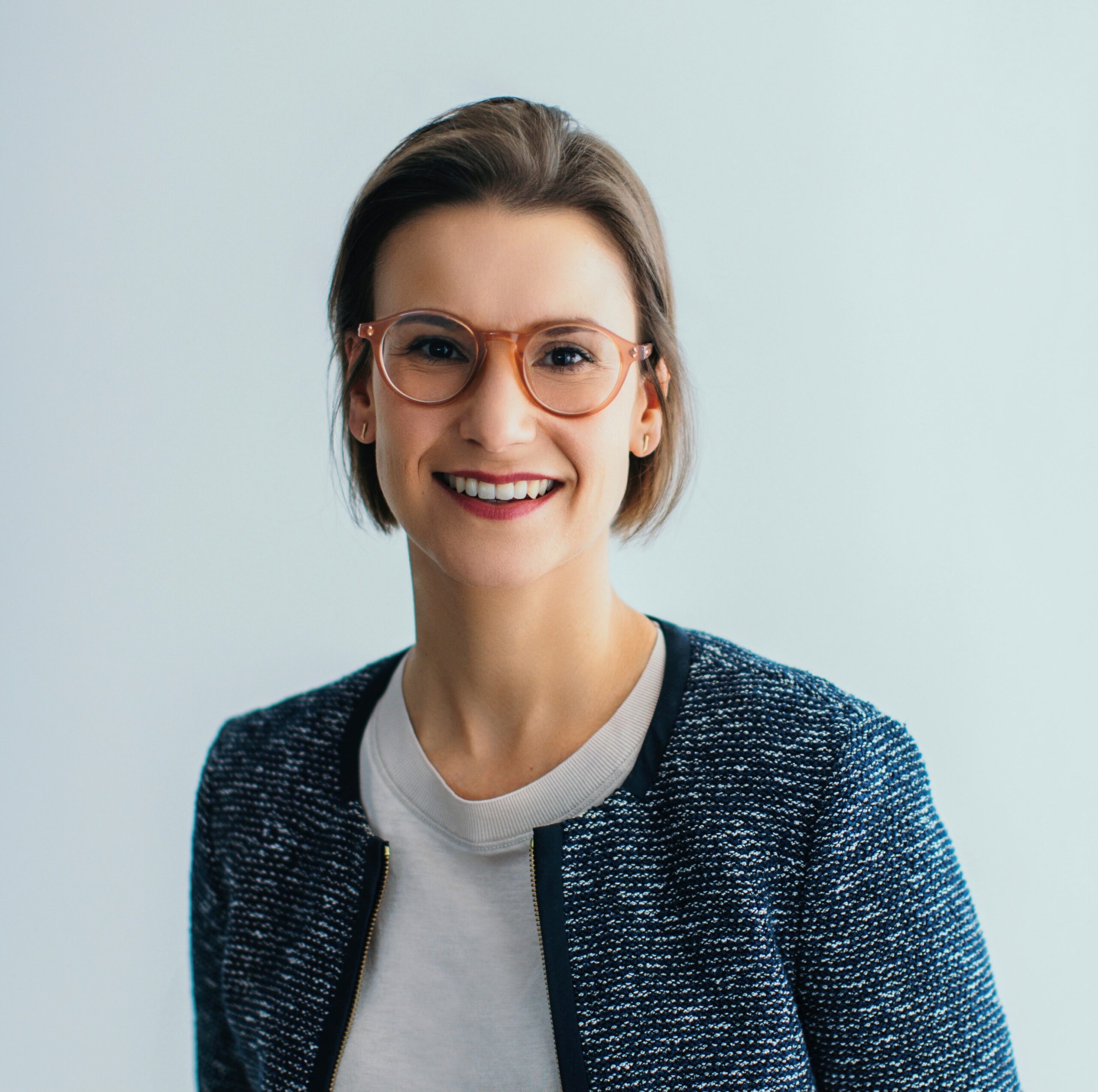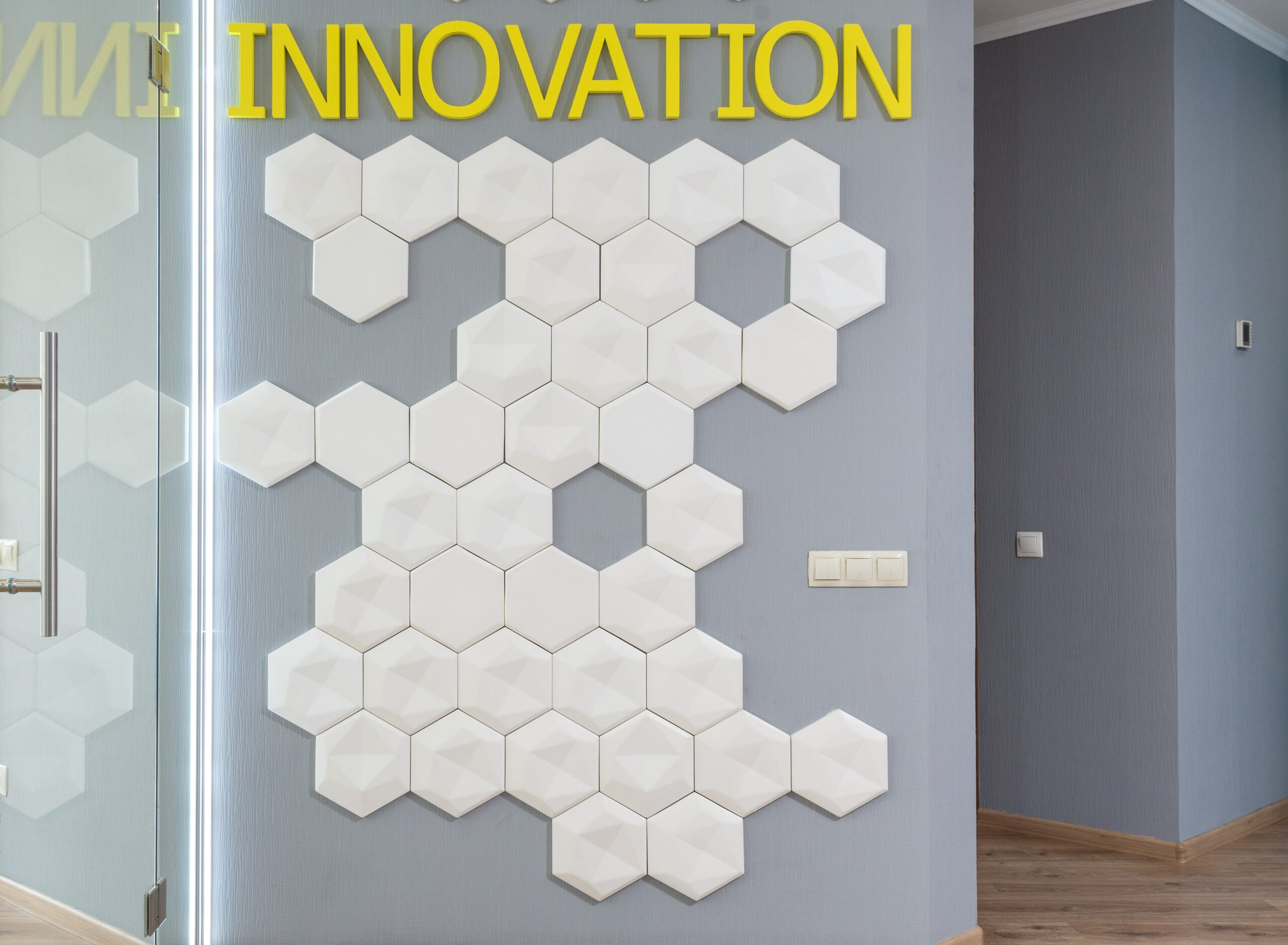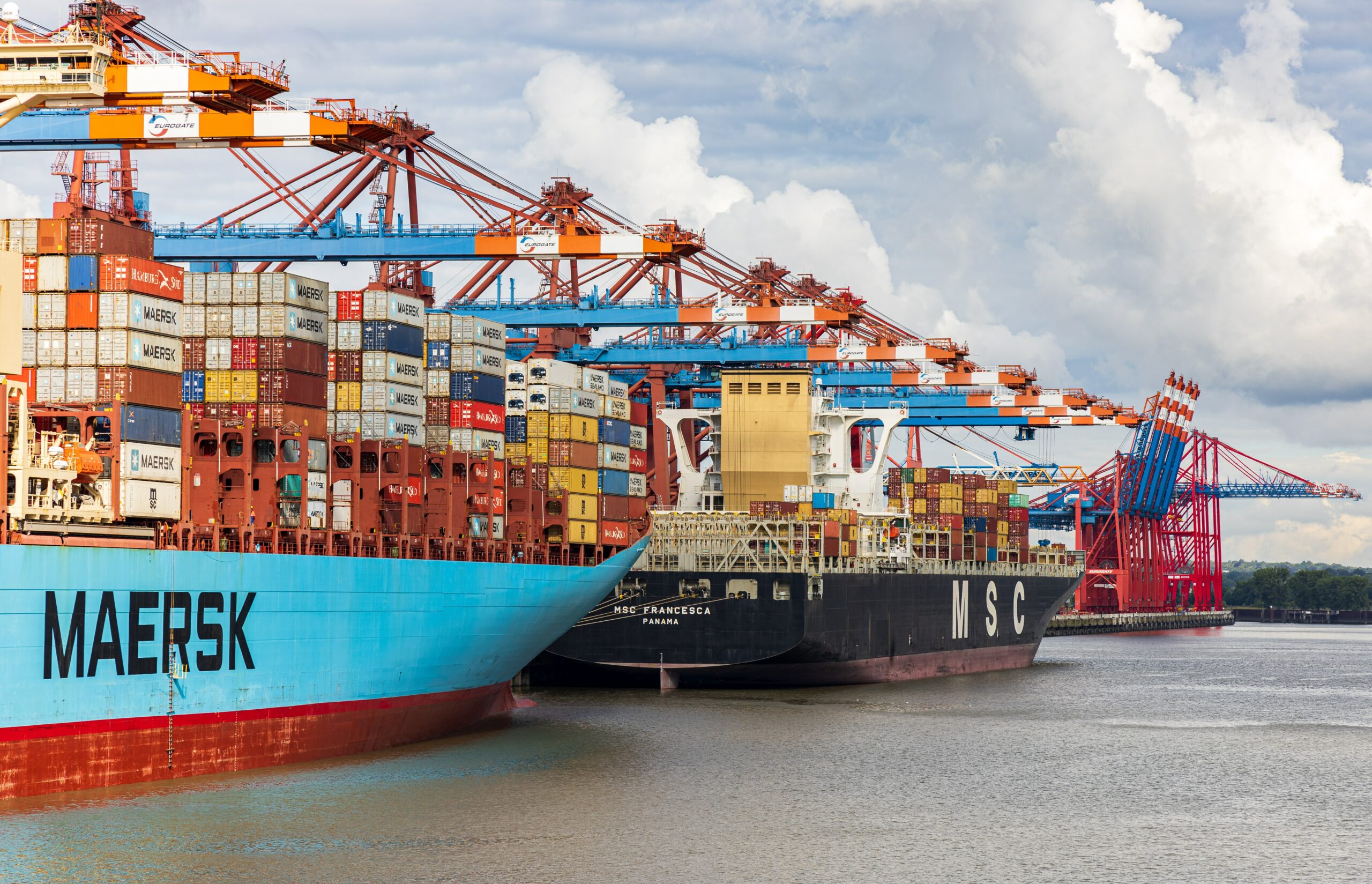Daniela Ryf, you have won the Ironman in Hawaii four times in the last five years, often outstripping the competition. Do you sometimes look back and ask yourself how you achieved all this?
I am happy about all my victories. But they are not the most important thing. What matters to me is that I can show a good race. That I can deliver my performance and am satisfied with regards to what I wanted to achieve.
Your competitors also train hard and subordinate everything to the sport. What makes you different from other athletes?
I concentrate on myself. I want to constantly improve and progress. It is nice to see when the results are right in the end.
What keeps you motivated when there is no specific goal like an upcoming competition?
There are always new goals. 2020 was certainly a special year with all the postponements and then the cancellations. There were absolutely no competitions in the long distance. The uncertainty was really tiring at the beginning. But then I decided to complete the bachelor’s degree in my Food Science & Management studies. That way I had an ideal combination, could focus on my studies and was challenged even without any competitions. Maybe I will continue my studies right away, there are so many interesting CAS and modules. It is magnificent in Switzerland to have this opportunity.
How willing are you to experiment with your training? Do you sometimes wish you had more variety in your training routine?
I have a very varied training. After all, we train three sports. Now in winter when staying in St. Moritz, for example, cross-country skiing is added as a change. But with my studies I do not miss anything else, so variety is absolutely guaranteed.
In recent years, running has been revolutionised by shoes with carbon plates. To what extent is this trend an issue in triathlon?
Of course, it is also very important for us because in running we are always looking for the best material. I am lucky to have a great partner in the shoe and clothing sector in Asics. For example, I had been testing a prototype for the last few months, which will soon be ready. Such developments are enormously important.
What do you think are innovations that could change your sport in the next few years? Do you have a negative or positive attitude towards them?
I will worry about that when they come along. First and foremost, it is my job to keep as fit as possible. But I am very lucky that I can work with great partners who always have the best material. For example, in the bike area, they are still working on the aerodynamics. Individual parts are specifically adapted to the athletes so that every detail is right. However, it is important as an athlete not to lose focus on the essentials in addition to optimising. In the end, strong legs are irreplaceable, even with top material.
As an athlete you are also present in the social media. Do you see this as a curse or a blessing? How do you deal with hatred towards your person?
Of course, social media are part of our everyday life. It bothers me in general when people behave badly towards other people. What used to be the regulars‘ table is now the discussion on the internet. Understandably, however, I protect myself by not letting everything get too close to me.
A key factor in triathlon is the mental attitude, the ability to suffer. How do you train this? To what extent is this possible at all?
You train it every day in training. Whereby I am more the competition type than the training type. But for example, I was bitten by a jellyfish during the swim at Ironman in 2018. I completed the race in record time, even though everything looked completely different at first. I think that maybe two years before I would have given up the competition. Last year I dragged myself to the finish with a stomach virus. That is when I realised how tough a triathlon can be.
You have already mentioned that you completed a degree in food technology last year. Why exactly this field of study? Will you be working in this field in the future? What was your motivation for taking on this project?
Food has always interested me a lot. When I was abroad, I used to spend hours in the food shops, studying all the new products. The degree is very versatile because you do not just learn about manufacturing and food chemistry, you learn to understand the whole complexity of the food industry. From the development of a product, to packaging design, to marketing to food logistics. This fascinates me a lot.
Would you also be prepared for a career in business?
Yes, I definitely want to earn achievements in other fields after my sports career. That is why I decided to take the EMBA in Business Psychology, which I will start with in February. I am interested in people’s behaviour, how we consume and what drives us.
What do you think leaders in business can learn from you?
In a nutshell, I would summarise it like this:
Adapt to situations, be flexible and agile, be able to react quickly, set new goals. Those should be small and large, setting goals every day. I am also convinced that success only comes through consistent perseverance. Keep at it and put a lot of heart and soul into what makes you happy.
You are 33 years old and still have a few years left in triathlon. What are your goals for the next few years?
I have already achieved a lot and I am very grateful for that. I do not really need any more victories, that does not change much for me. I take great pleasure in my sport, love to train and want to keep improving. My goal is to show some more great races that will remain in my memory and that I can be proud of.






